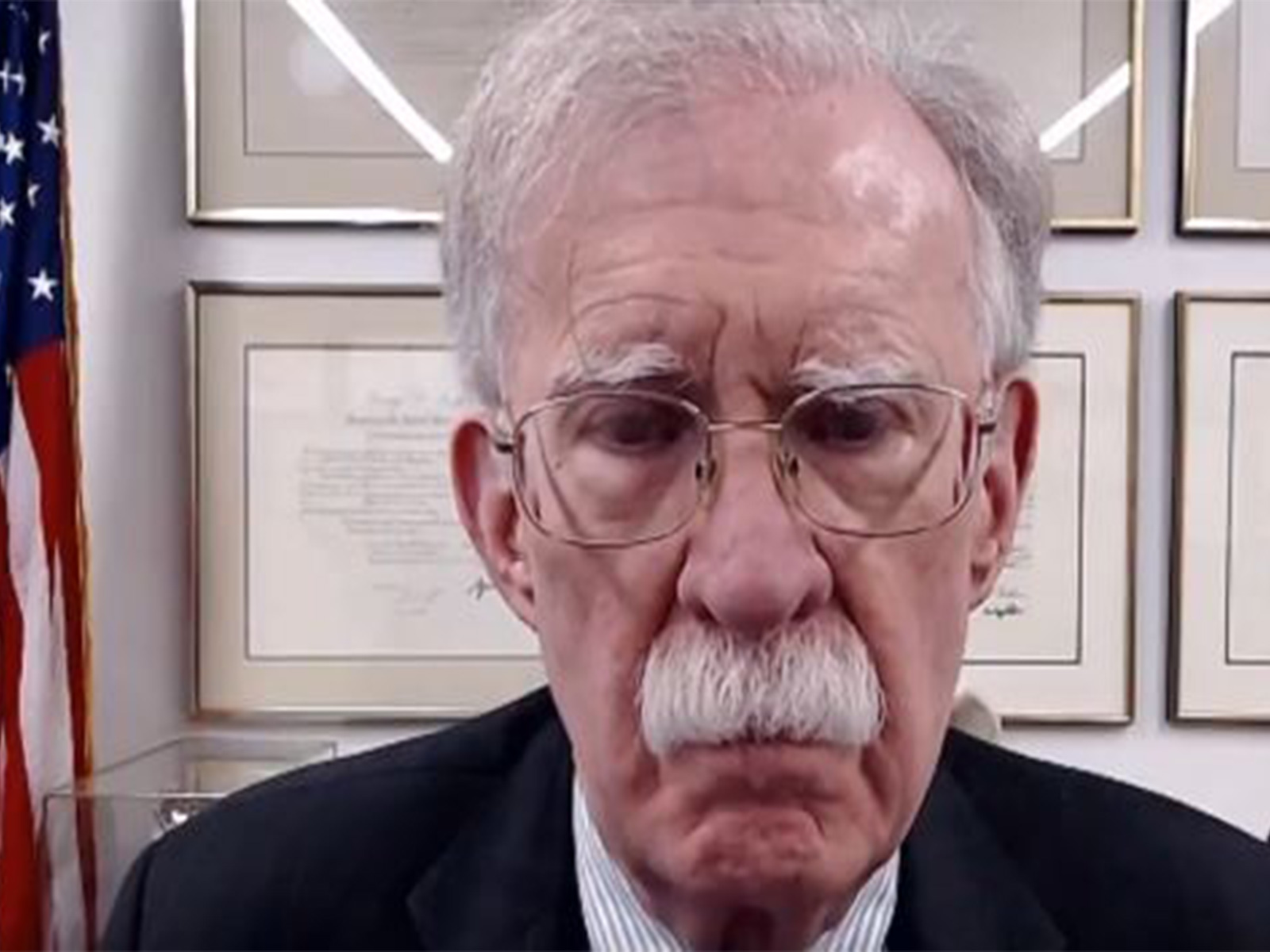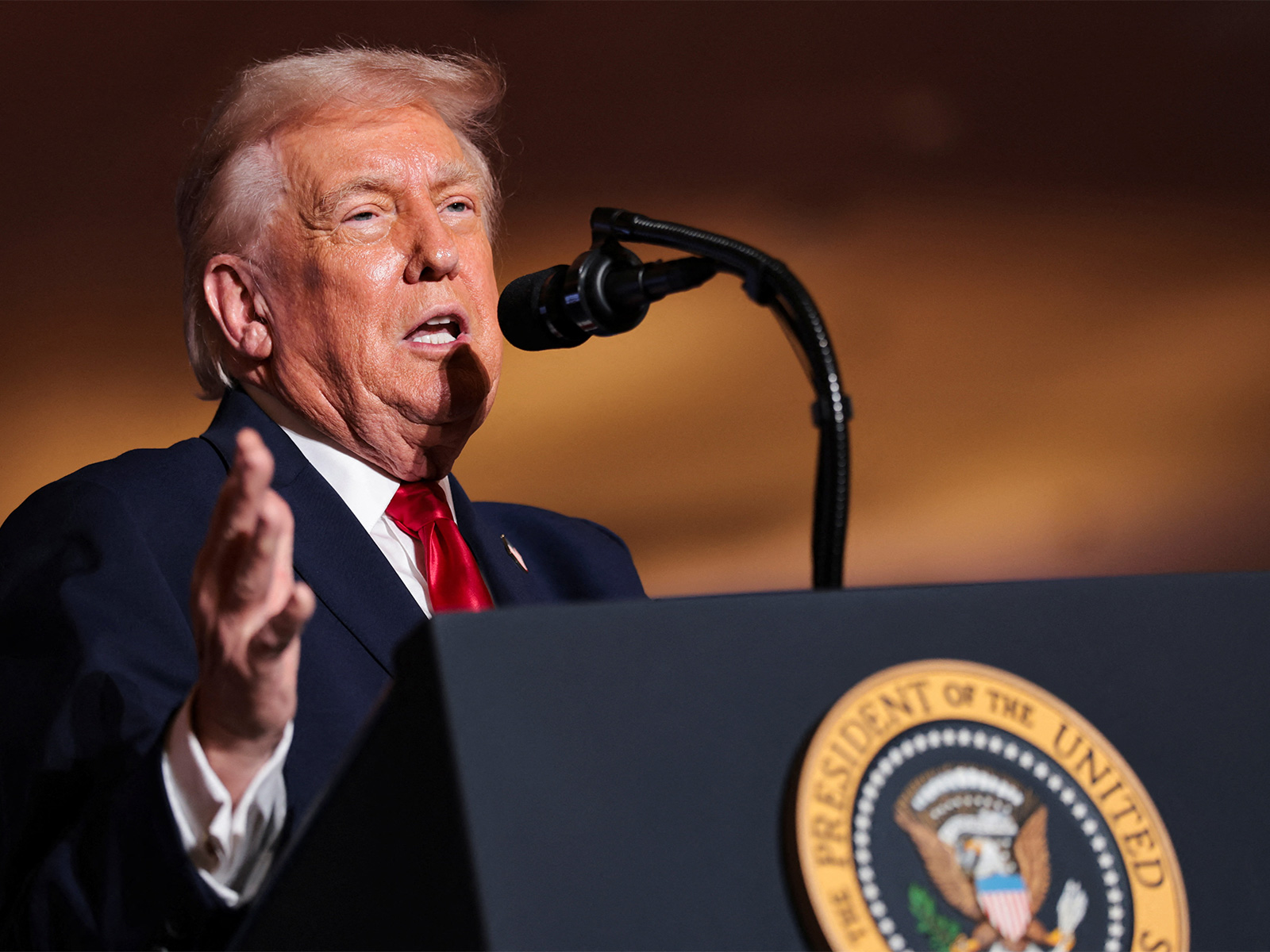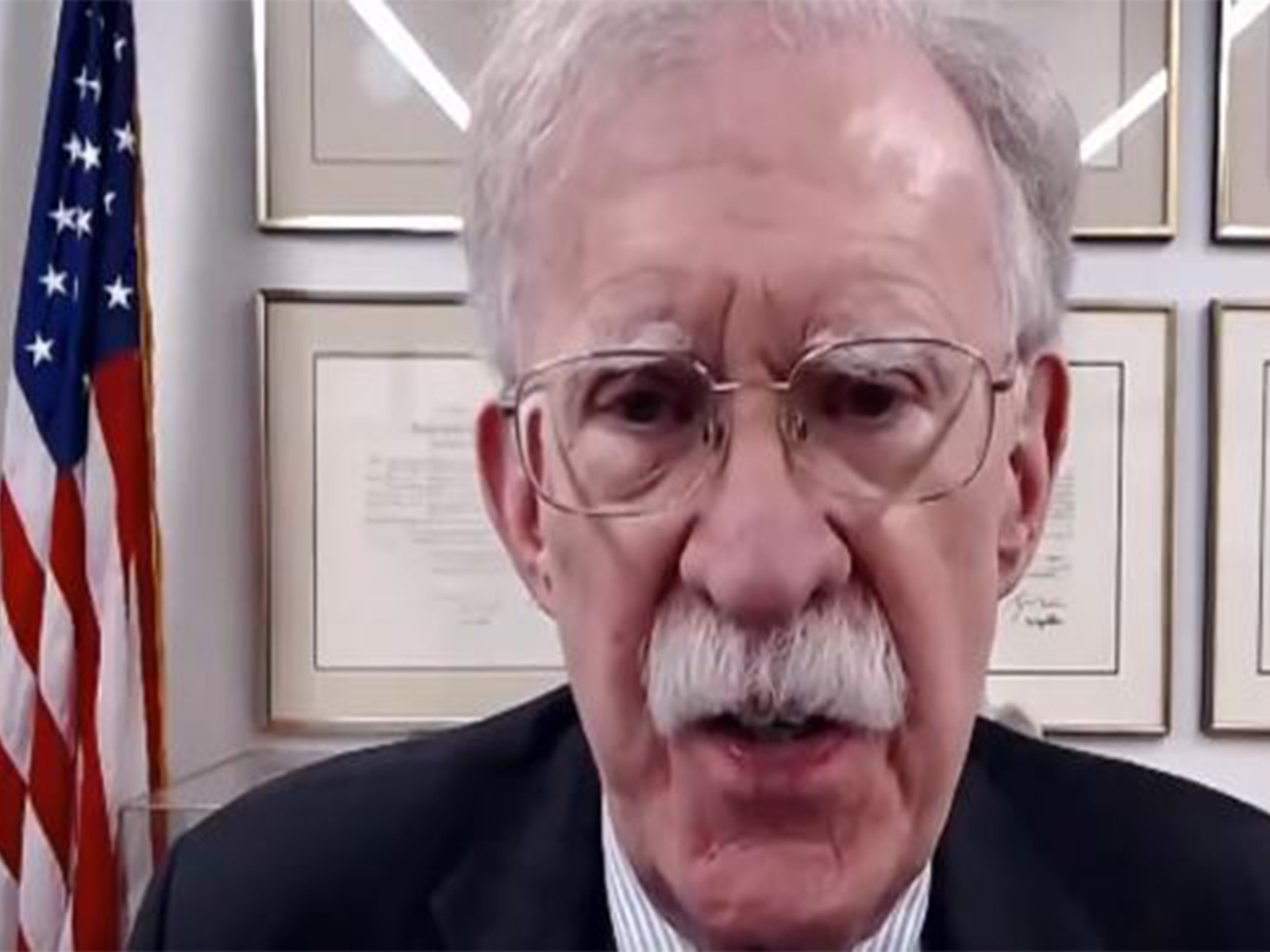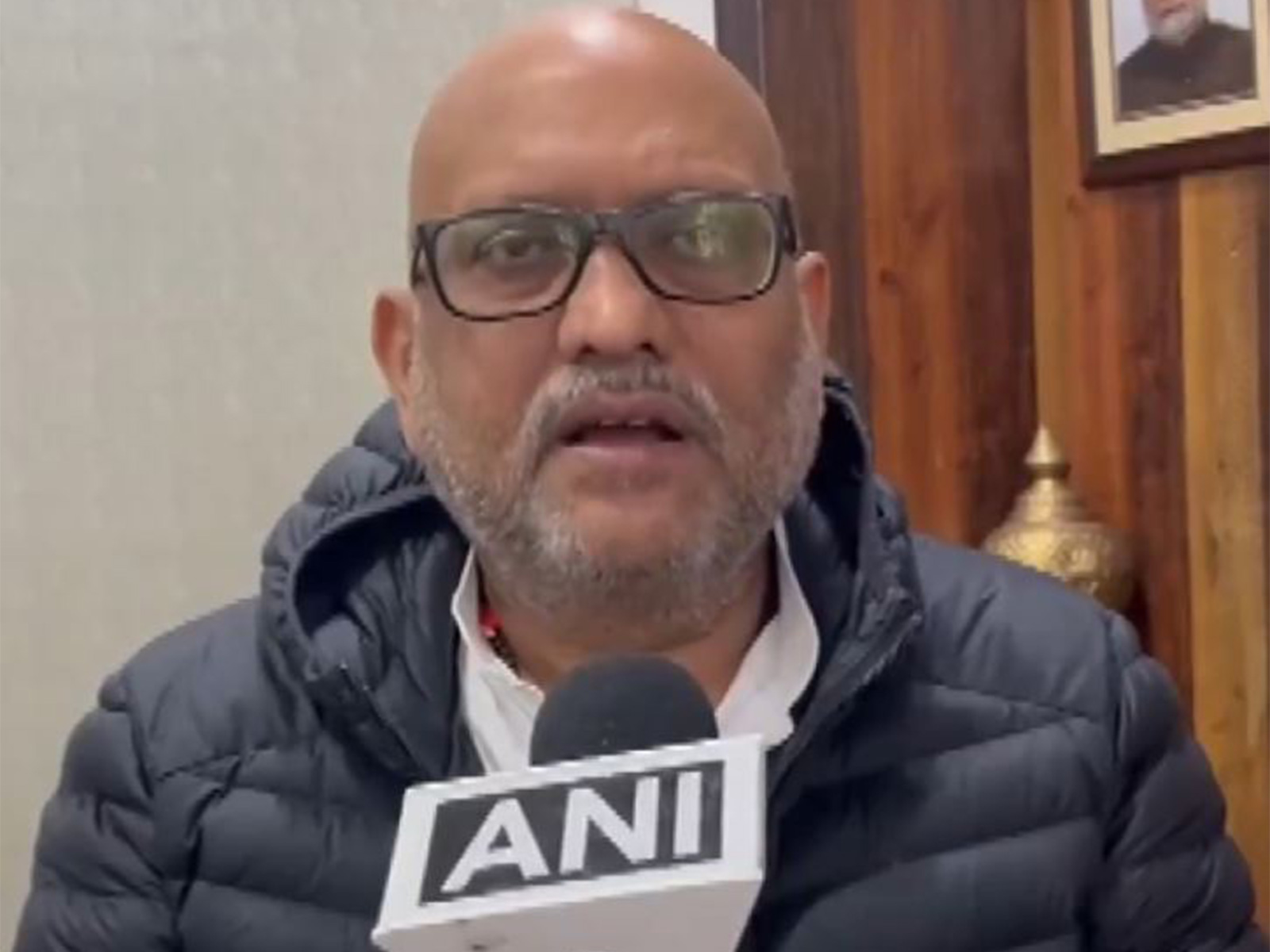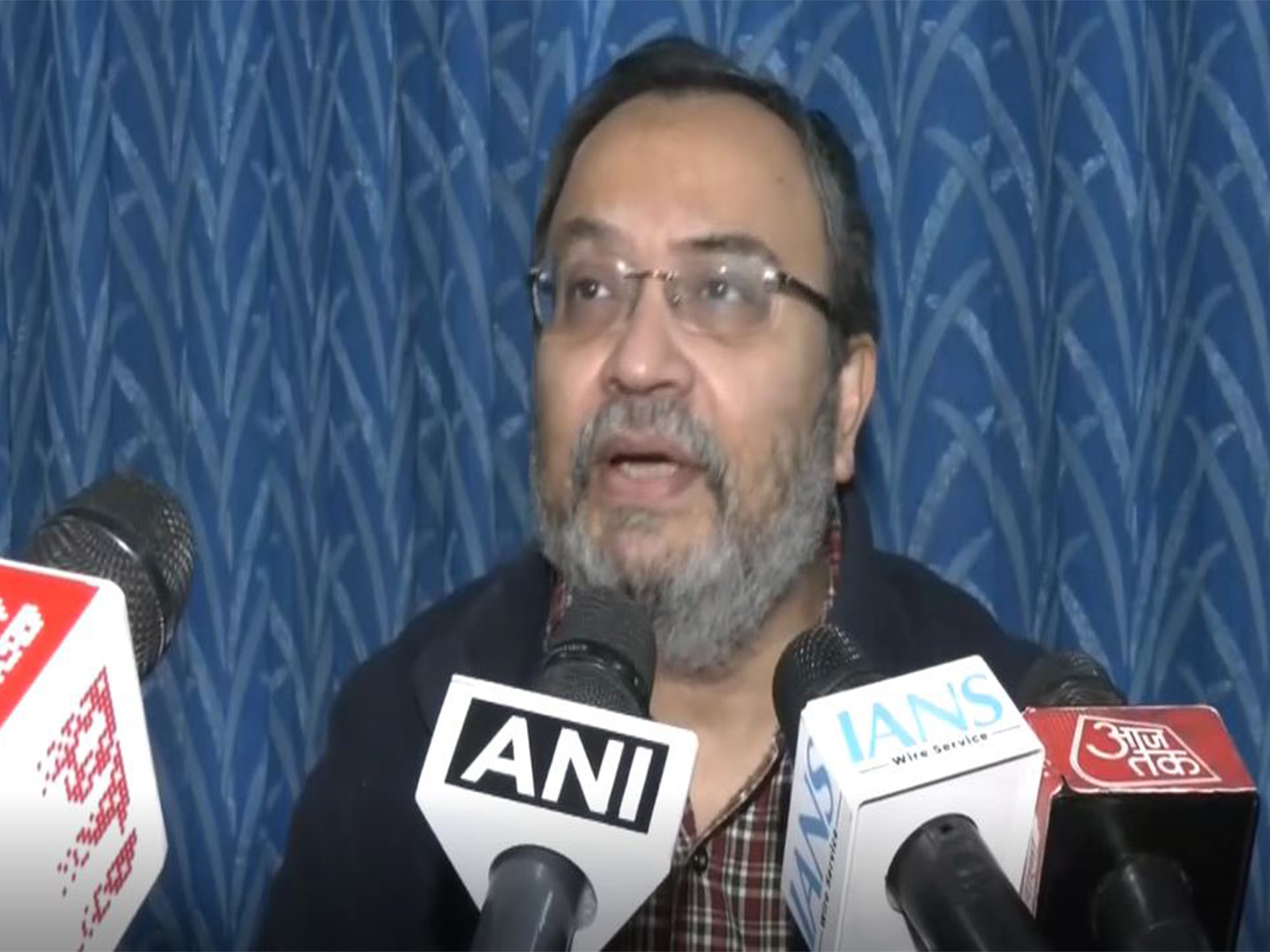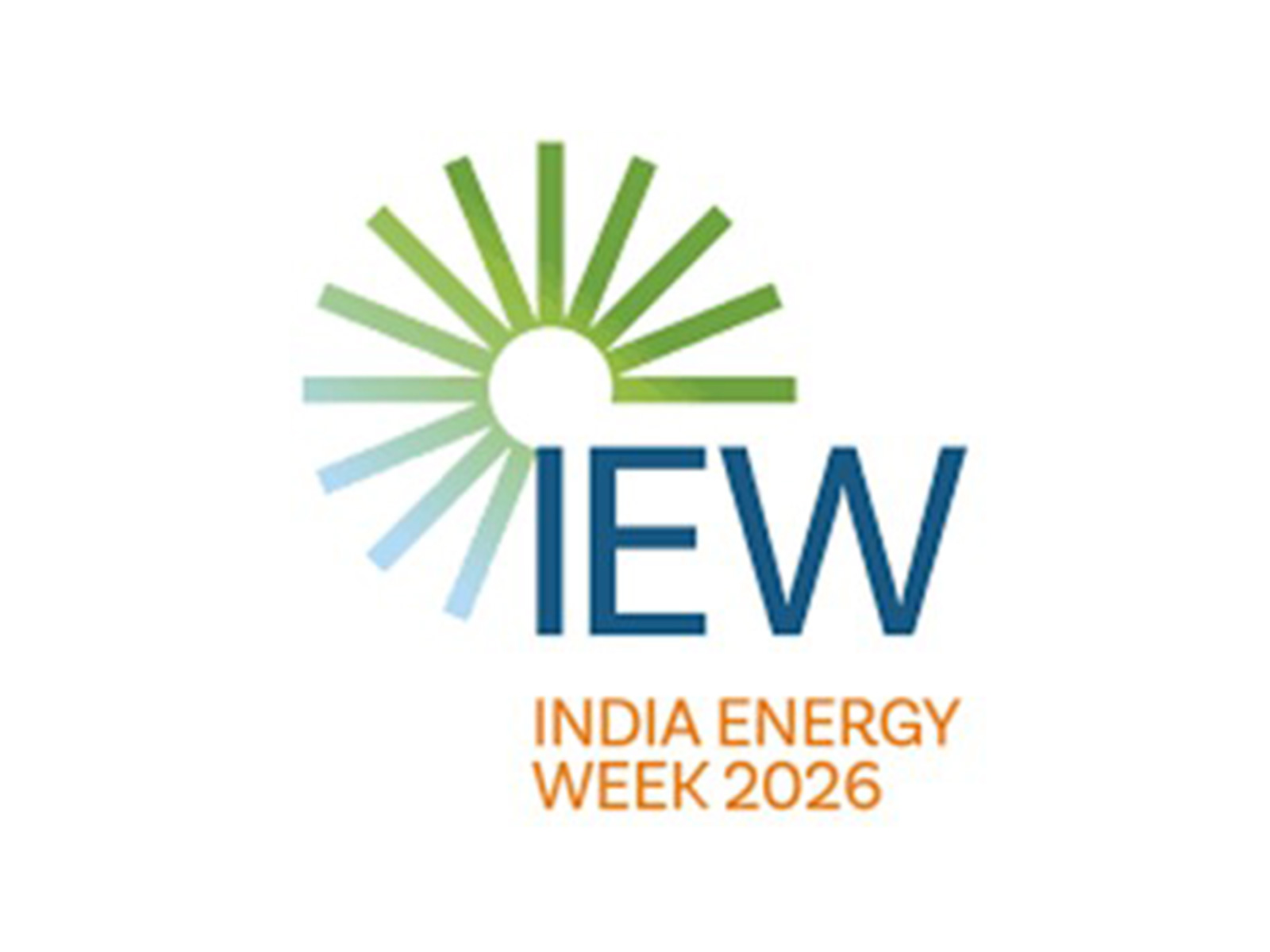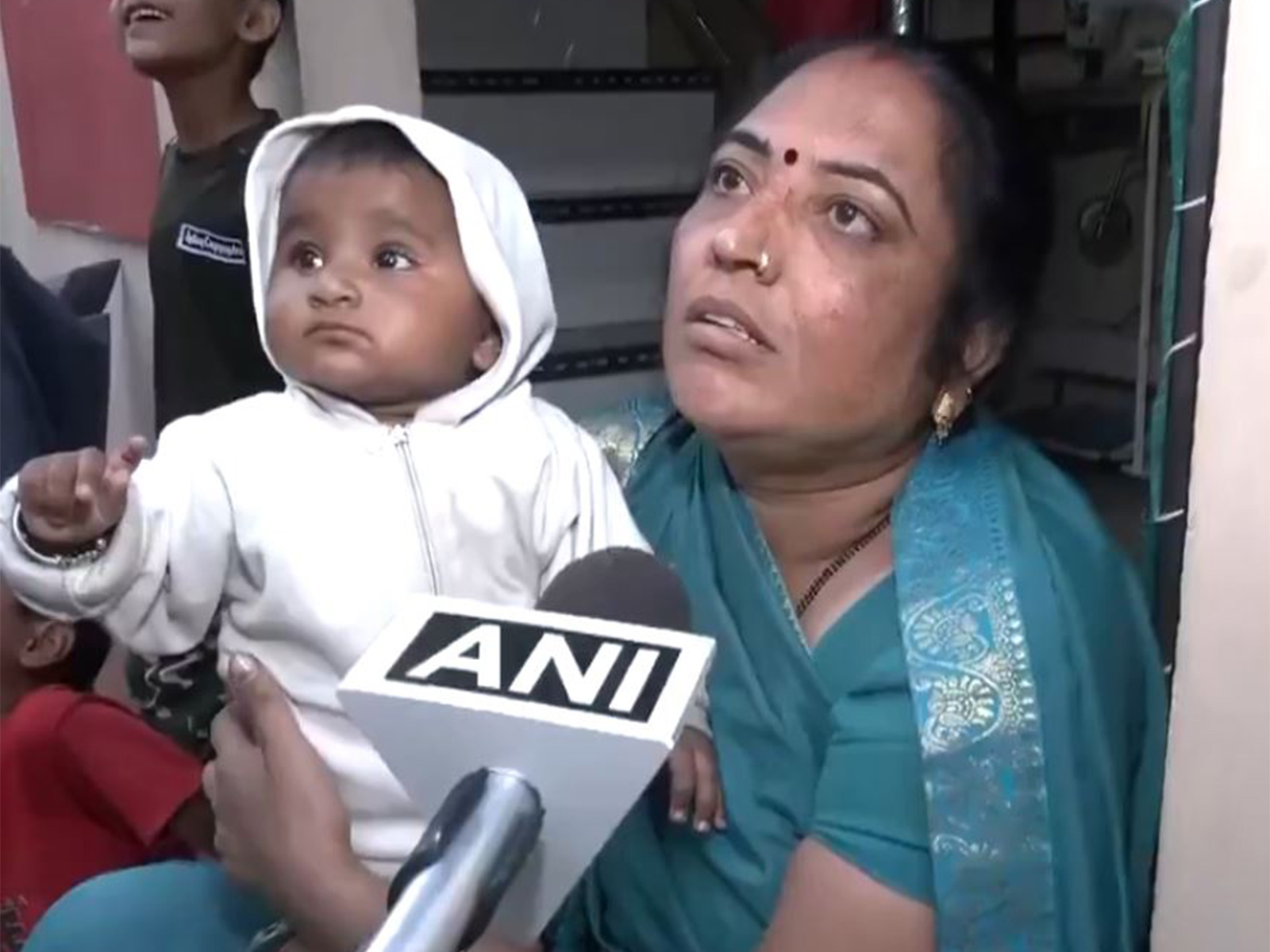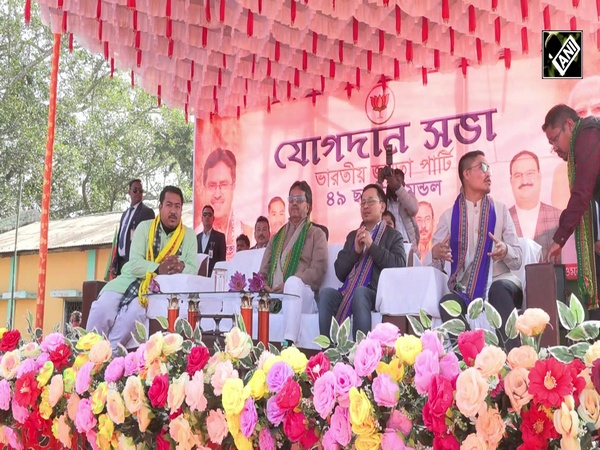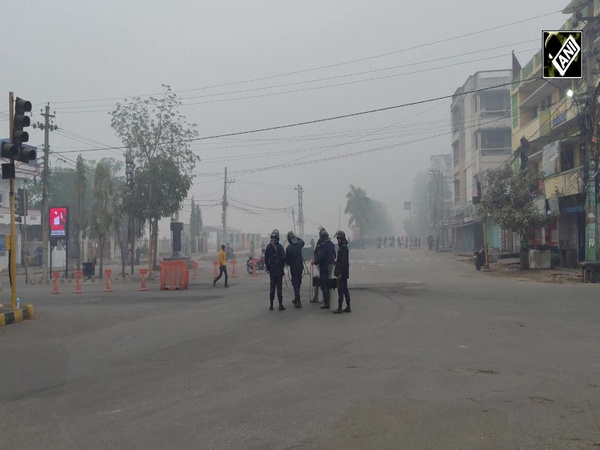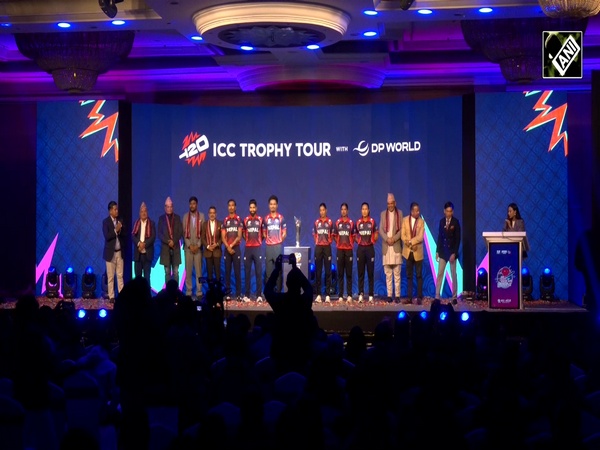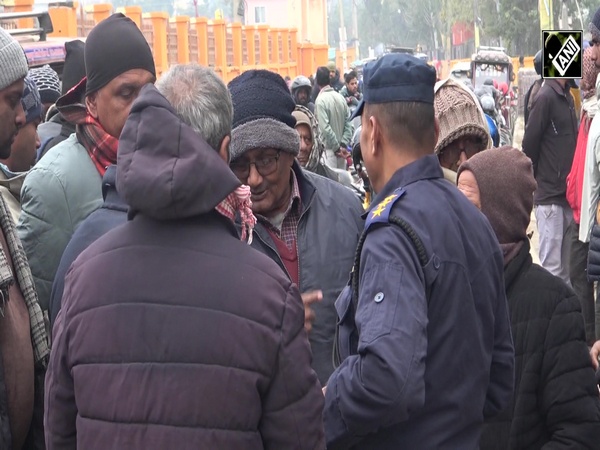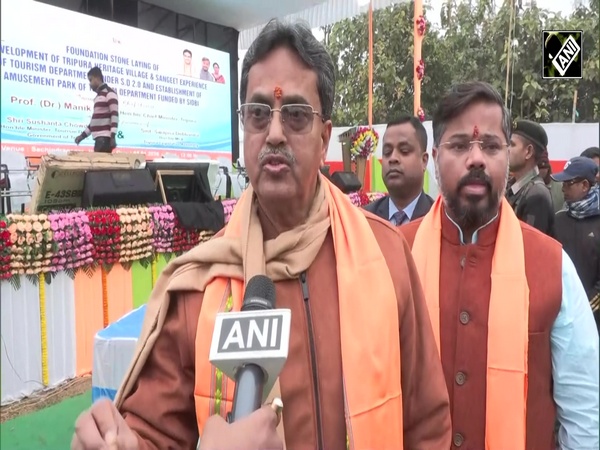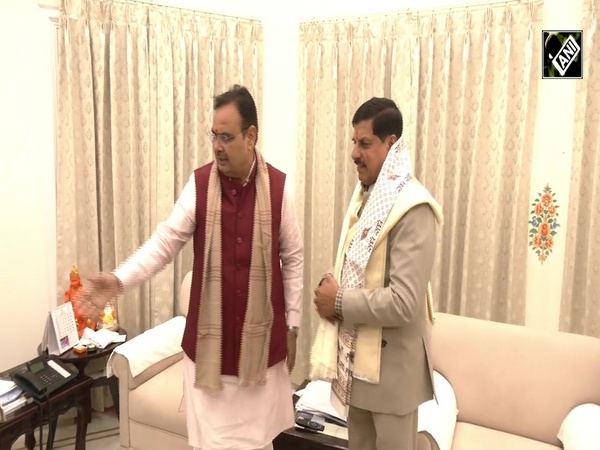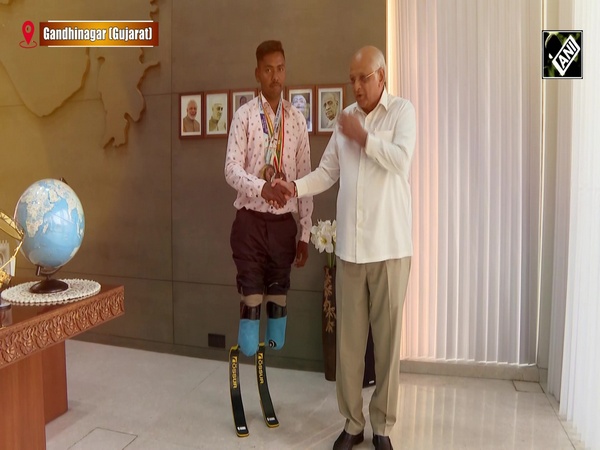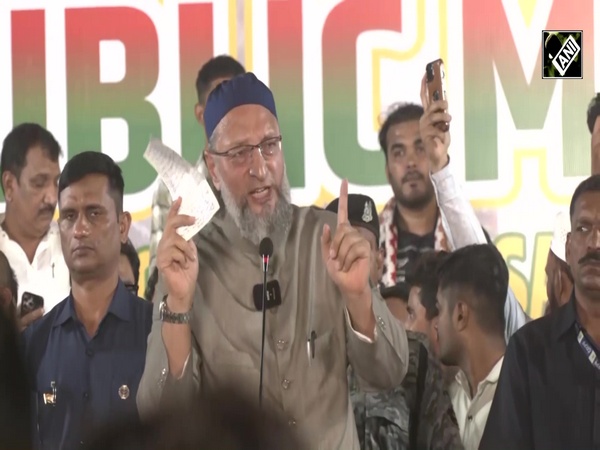Pakistan continues to violate Universal Declaration of Human Rights' right to freedom of religion
Jun 13, 2020

Islamabad [Pakistan], June 13 : Every year a large number of Christian and Hindu girls, mostly minors, across Pakistan are abducted and forcibly converted to Islam to get married to Muslims.
Even police and politicians ignored their grievances and left the minorities to live a miserable life.
Last week alone, Pakistan reported as many as seven cases of forced conversions. Among them were four Hindu girls, The Spectator reported.
According to a Human Rights Commission of Pakistan (HRCP) report, at least 1,000 non-Muslim girls have forcibly converted to Islam in the country annually. Many of these girls belong to the Hindu community in Sindh, where about eight million Hindus live.
Pakistan is a signatory to the Universal Declaration of Human Rights which states that the right to freedom of religion includes the right to change one's religion and that no one shall be subject to coercion to change their religion.
Despite these many cases of forced conversions, the country till now has turned down two bills. The bills tabled in 2016 and 2019 demanded that the minimum age for changing one's religion be set to 18 years, jail terms be sanctioned for anyone guilty of coercion, and a 21-day period in a safe house be mandated for the person seeking conversion to ensure that the decision has been taken out of the free will.
While rejecting the bill in 2016, former Sindh governor Saeeduzzaman Siddiqui, said: 'When Hazrat Ali [the fourth caliph in Sunni sect, and the first Imam for the Shia] can convert to Islam at a young age [9 years], why can't Hindu girls?'
This kind of resistance has also been seen during attempts to eradicate child marriage in Pakistan. The Council of Islamic Ideology cited Prophet Muhammad's marriage to six-year-old Aisha, as narrated in hadiths (compilations of the prophet's sayings).
Though the country was finally able to pass legislation against child marriage in 2019, the courts still allow forced conversions and marriage of underage girls like in Sindh where the Child Marriages Restraint Act has been in place since 2013.
According to Dawn, the Sindh government attempted to outlaw forced conversions and marriages twice. Though the bill was unanimously passed by the Sindh Assembly, religious parties objected to an age limit for conversions and threatened to besiege the assembly if the bill received the approval of the governor. This resulted in the Governor refusing to sign the bill into law.
In 2019, a revised version was introduced by the Sindh government, but again the religious parties protested. A sit-in was organised by Pir Mian Abdul Khaliq (Mian Mithu), a political and religious leader who has participated in many cases of forced conversions of underage Hindu girls in Sindh. He and his group claim the girls are not forced, but fall in love with Muslim men and convert willingly.
In March 2019, nearly 2,000 Hindus staged a sit-in to demand justice for two sisters, who they claimed were forcibly converted and married. The Islamabad High Court, however, ruled the girls had willingly converted and married the men.
